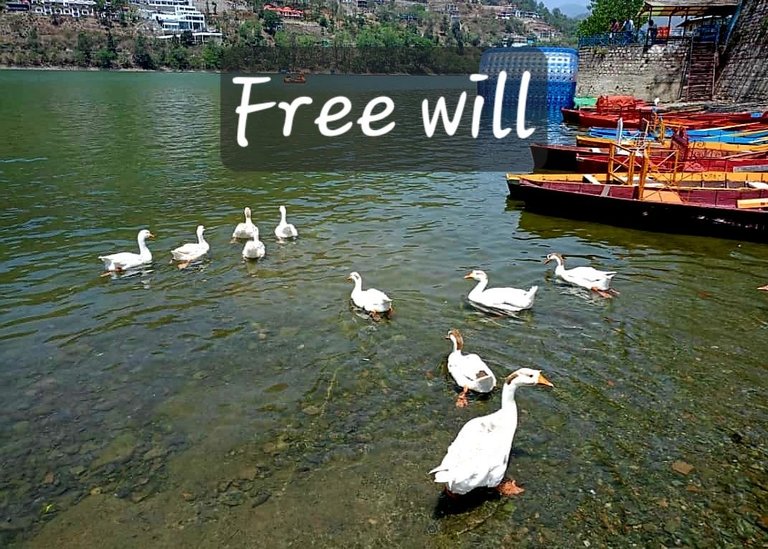Some say that freedom is not absolute and that no one can be completely free. Others say that people are still free to act or not act according to their will. Whether or not we are truly free is a philosophical question that depends on how freedom is defined and the factors that limit it. The concept of "free will" and the extent to which humans have true autonomy is a complex philosophical topic.

In pur society, people are bound by cultural norms through a process of socialization. From a young age, individuals are exposed to cultural norms through family, friends, school, and the media, gradually integrating these norms into their understanding of appropriate behavior. Many cultural norms are unspoken, creating a sense of what is "normal" or expected without needing explicit rules. Following cultural norms can contribute to a feeling of belonging and acceptance within a community. Deviating from cultural norms can lead to negative social reactions like criticism, judgment, or exclusion, motivating people to conform.
Over time, cultural norms become deeply ingrained in an individual's values and beliefs, influencing their decision-making without conscious awareness.
There are sitiation in our life, where we are unable to take correct decision, merely because of societal or cultural pressures. And sometimes the society put ahead their reason to make people bound by those situation. Recently, I have few situation which made me to wonder about the real freedom. Recently, while I was away at my own home, my land owner where I was staying these days started querying, why I left without informing them. This really made me upset, as I am not bounded by his permission even for travelling to my hometown. Likewise there are many situation that crops up in our daybto day life, where freedom appears to be bounded.
A person could be considered "completely free" if they are able to make choices and live their life without significant external constraints, including societal expectations, financial burdens, or personal limitations, allowing them to pursue their desires and goals with autonomy. Few of the key aspects of enjoying complete freedom are :
The ability to think and express opinions without fear of censorship or reprisal.
Not being reliant on others for basic needs, allowing for greater choice in career and lifestyle.
Actively working to overcome personal challenges and constraints.
Complete freedom does not equate to the freedom to harm others; ethical considerations still apply. Factors like laws, societal norms, and physical limitations always impose some degree of constraint on individual freedom.
In good faith - peace!!





